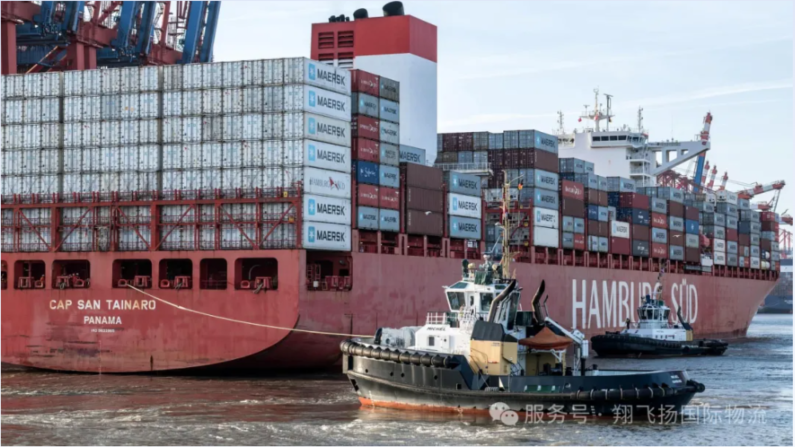Unprecedented Disruptions Loom
Europe’s ports are caught in a spiral of cascading strikes, with a looming supply chain crisis intensifying as Belgium and Sweden join a wave of industrial action. Geopolitical factors have compounded the crisis, leaving shippers and logistics firms bracing for unknown challenges.
Sweden’s 6-Port Strike Schedule Paralyzes Operations
Kuehne + Nagel’s latest alert reveals strikes across Swedish ports from June 19 to 26, with key disruptions including:
- Gothenburg Port (APM Terminal): Nordic’s largest container hub will strike from 12:00-21:00 on June 23-24, crippling regional container traffic.
- Halmstad Port: Two shutdowns on June 23 (06:00-23:00) and 24, risking cargo transport 中断.
- Helsingborg Port: “Five No Actions” (no overtime, hiring, new jobs, extra work, or transfers) from June 19-24 will slash operational efficiency.
- Malmö Port: Strikes on June 23-24 (9:00-19:00) hit southern Sweden’s shipping hub.
- Piteå Port: A 43-hour strike from June 24 (14:15) to 26 (06:00) threatens cargo backlogs.
- Sundsvall Port: A 48-hour shutdown from June 23 (07:00) to 25 (01:00) disrupts bulk cargo flows.
Despite ongoing labor negotiations, Kuehne + Nagel warns of “high risks of further disruptions,” urging shippers to prepare urgently.

Belgium’s June 25 National Strike Spurs Antwerp Congestion Record
Belgian unions have called a nationwide strike for June 25, impacting Antwerp Port, which already faces:
- Efficiency Collapse: Yard utilization exceeds 90%, with hazardous cargo handling delays surpassing 48 hours.
- Cost Surge: Carriers have imposed a 30% surcharge on container demurrage fees due to prolonged waiting times.
- Ripple Effects: Rotterdam and Hamburg ports are diverting Antwerp’s overflow, but their own yards are strained, creating system-wide bottlenecks.
3 Strategic Moves for Shippers to Mitigate Delays
As strike waves intensify, shippers can adopt these measures to minimize risks:
- Alternative Route Planning:
- Redirect Nordic cargo to Germany’s Bremen or Denmark’s Aarhus Port.
- For Belgium, confirm yard bookings 72 hours in advance and prioritize “quayside direct pickup” services.
- Pre-Approved Document Submission:
- Submit full documentation (commercial invoices, packing lists) alongside bills of lading to avoid customs clearance holdups.
- Cost Hedging Strategies:
- Negotiate “delay compensation clauses” with freight forwarders or purchase logistics interruption insurance to cover demurrage and storage costs.
Industry Alert: Peak Shipping Season Under Threat
With the Sweden-Belgium strike wave coinciding with Europe’s peak shipping season (June-August), logistics giants like Kuehne + Nagel and DHL have issued “red alerts,” predicting port congestion will persist until early July. Shippers and forwarders with imminent European shipments are advised to monitor real-time port updates to avoid losses.
Stay tuned for ongoing coverage of European port strike developments.





